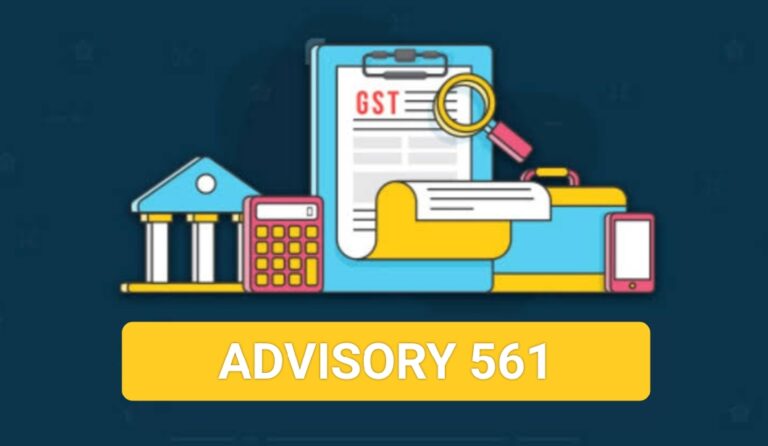Taxpayers are encouraged to activate MFA immediately to streamline their compliance. Ensure that your registered mobile number is updated with your GSTIN for uninterrupted access.
The GST Network (GSTN) is excited to announce significant updates to the E-Way Bill and E-Invoice Systems, which will be implemented by NIC starting 1st January 2025. These enhancements are designed to boost portal security and ensure compliance with best practices and government directives.
Introduction of Multi-Factor Authentication (MFA)
A major update includes the implementation of Multi-Factor Authentication (MFA), which enhances user security by requiring a combination of credentials: username, password, and a one-time password (OTP) sent to a registered mobile number or platforms like the Sandes app. Here’s the phased rollout schedule for mandatory MFA:
Also Read: Jharkhand HC Allows GST ITC on Late GSTR-3B Filing, Orders Refund of Penalty and Interest
- Since 20th August 2023: MFA mandatory for taxpayers with an Annual Aggregate Turnover (AATO) exceeding Rs 100 Crores.
- Since 11th September 2023: MFA optional for taxpayers with AATO exceeding Rs 20 Crores.
- Upcoming MFA Deadlines:
- 1st January 2025: Mandatory for taxpayers with AATO exceeding Rs 20 Crores.
- 1st February 2025: Mandatory for taxpayers with AATO exceeding Rs 5 Crores.
- 1st April 2025: Mandatory for all remaining taxpayers and users.
Actionable Tip: Taxpayers are encouraged to activate MFA immediately to streamline their compliance. Ensure that your registered mobile number is updated with your GSTIN for uninterrupted access. Detailed instructions are available on the E-Invoice and E-Way Bill portals.
Also Read: CAG Report Highlights ₹755.49 Crore Revenue Loss in GST Compliance by Commercial Tax Department
Restrictions on E-Way Bill (EWB) Generation Period
To improve accuracy and prevent misuse, the generation of E-Way Bills will be restricted to documents dated within 180 days from the date of generation. For instance, documents dated prior to 5th July 2024 will not qualify for EWB generation starting 1st January 2025.
Limitations on EWB Extensions
Another crucial update involves limiting the extension period for E-Way Bills. Extensions will now be capped at 360 days from the original date of generation. For example, an E-Way Bill generated on 1st January 2025 can only be extended until 25th December 2025.
Next Steps for Taxpayers
To ensure seamless compliance, taxpayers are urged to:
- Familiarize themselves with these updates and adjust their internal processes accordingly.
- Activate MFA at the earliest opportunity.
- Review their base document dates and ensure adherence to the updated EWB generation and extension rules.
For comprehensive guidance, visit the official E-Invoice and E-Way Bill portals.
Conclusion
These updates to the E-Way Bill and E-Invoice Systems reflect GSTN’s commitment to enhancing security and compliance. Taxpayers should take proactive steps to align with these changes and avoid potential disruptions.
Stay informed and prepared—embrace these changes to ensure smooth GST operations starting in 2025.
To Access the Advisory 561 in GST Portal Click Here
READ MORE
New Income Tax Bill Unlikely to Be Introduced in Budget 2025
Taxpayers Face Show-Cause Notices Over Political Donation Deductions
